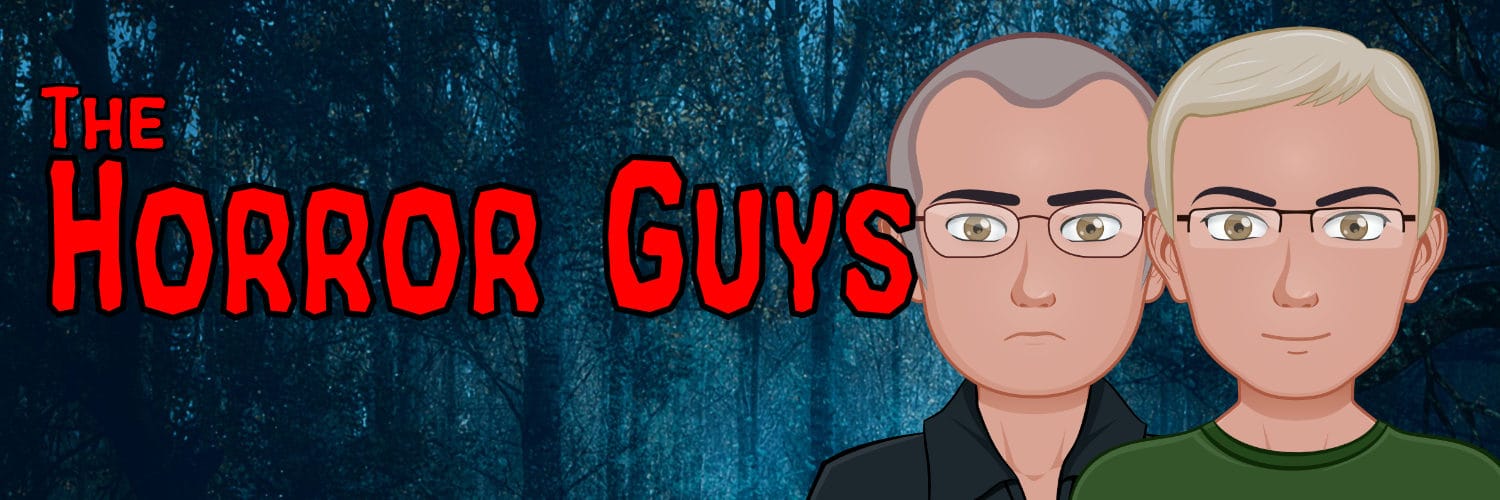by Brian Schell
Order From:
The Silent Age of Horror!
Horror movies have always led the way with special effects and innovative storytelling. This is true today and was especially true in the earliest days of film.
Film and filmmaking were still a newfangled novelty for experimenters in the late 1800s. Still, it didn’t take long until the filmmaker’s minds turned to terror for their audiences’ enjoyment. Even Georges Méliès, the pioneering filmmaker best known for his science fiction film, “A Trip to the Moon” from 1920, tried his hand at short horror films, starting in 1896, even experimenting with a color horror film as early as 1903.
Still, the lengthier and more serious films didn’t appear until 1910 or so. Except for a few notable outliers, the silent age had entirely ended by 1930, supplanted by the more flexible talkie films. Nevertheless, that two-decade period produced some of the most innovative and influential films of all time. Nosferatu. Metropolis. The Hunchback of Notre Dame and Phantom of the opera are only the most famous of these, but there are many more.
This book includes viewing synopses of thirty-four silent films, including a discussion of several influential “lost films” that have not survived to the present day. Each film has some trivia and commentary. By examining each film in chronological release order, we can quickly see how tastes, values, budgets, and even special effects grew through the two decades these films were produced. Most importantly, we discuss which films hold up for the modern viewer and which films are positively sleep-inducing today.


